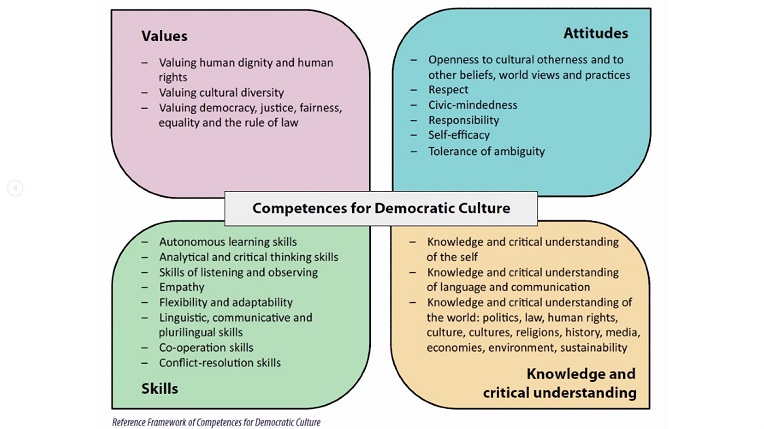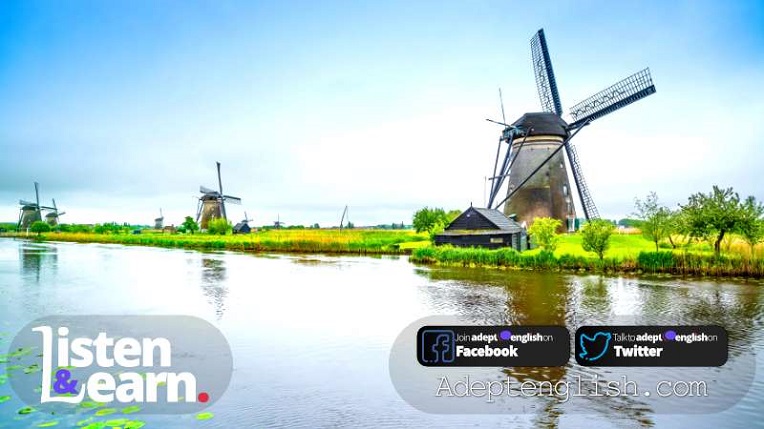Although self-teaching a new language has its benefits, it’s a great idea to work with a tutor if you’d like to catch up on the standardised test curriculum. A one-to-one tutor can provide you with the tools you need to set up a solid system, but you should also try some crazy ideas if you want to make your progress. A great course to start is Conversations or Grammar Hero. Both of these are designed to help you set up a practical system.

There are many benefits to learning a new language. For one, you’ll be able to feel more at home abroad and have a better understanding of the culture in which you’re living. Another benefit to learning a foreign language is that it opens doors to new cultures and allows you to communicate effectively. A good way to get started with your new language is to purchase a few books to learn the basics. If you’re looking to learn a new language, you’ll want to invest in a dictionary, grammar guide, and a couple of audiobooks. It’s a good idea to choose nonfiction books, since they’re less likely to be outdated.
Aside from books, you can also use apps to learn a new language. There are many free language learning apps available on the market, including Duolingo and Babbel. These apps enable you to study a new language without ever having to attend a formal classroom. There are also plenty of courses you can take on your own, and you don’t have to pay for them. Depending on how difficult the language is, it’s easy to become overwhelmed.
You can use language learning software to learn a new language. The Assimil program is popular in Europe and Asia, but is not yet as widely available in the U.S. It consists of audio dialogues and a book. Teach Yourself uses direct translations and audio exercises. The process is more effective for auditory learners, who often prefer listening to the speakers of other languages. These tools can help you become fluent in a new language.
You can use free language learning apps, such as Babbel, Duolingo, to learn a new language. They will teach you grammar and vocabulary, as well as other things, such as culture. The best way to learn a new language is by immersing yourself in the culture. You must also remember that a new language is not only about learning the words, but also about the culture and the people who speak it.
It’s always best to learn a new language from a tutor. A private tutor is the best option, but some people can learn languages on their own if they have the motivation. As long as you know the correct pronunciation, grammar, and vocabulary, you’ll be able to speak the language fluently. It’s vital to note that a language is a complex and multifaceted concept, which requires knowledge of many different components.
You can also learn a new language by using language learning apps. Some of these programs can help you learn four or more languages. While many of these programs are available for free, most of them are only capable of teaching one or two languages. For example, Reise Know-How uses six different languages and teaches German. The other options include 50Languages, Pronunciator, and Eurotalk. Most of these applications have many languages, while some focus on just one.
There are many ways to learn a language on your own. Some methods are more effective than others, however. For example, Assimil and Teach Yourself are two methods. Those with a more limited budget should try the latter method. These programs are more effective and are not as expensive than other methods. If you have the motivation, you should consider taking a class. There are also many resources available for those with limited time.
Learning a new language isn’t a difficult task. You can use language-learning software like Duolingo or Busuu. You can also try game-based education software like Mindsnacks. You can start with common vocabulary and work your way up to conjugating verbs and making simple phrases. To learn a foreign language effectively, you should immerse yourself in the country you’re studying. Moreover, it’s important to make frequent use of the language you’re learning.



